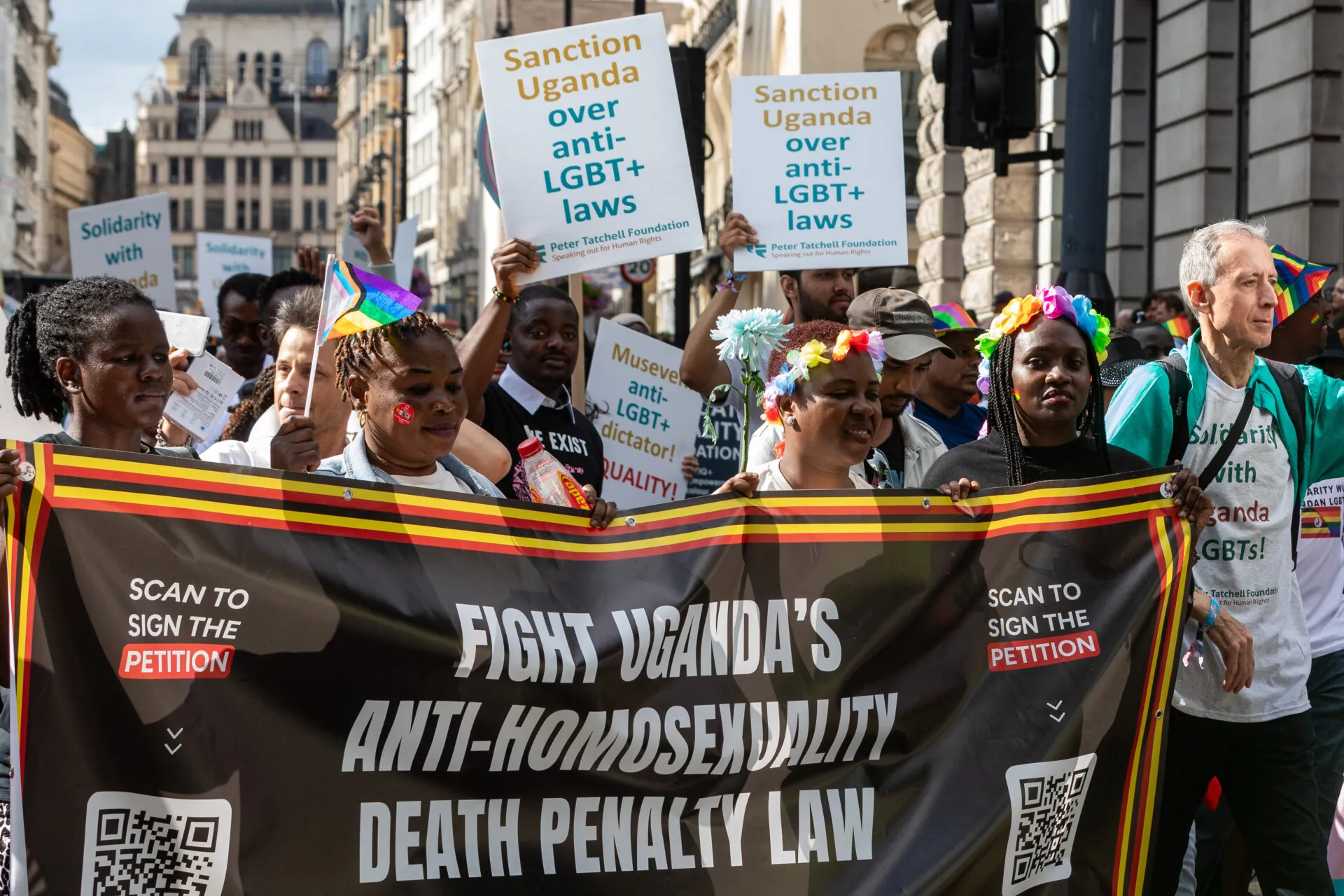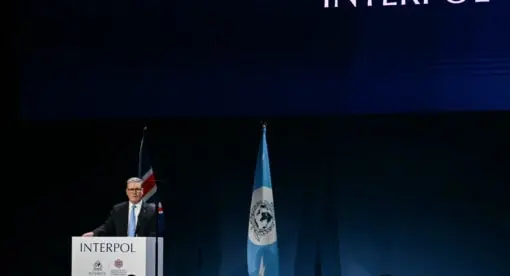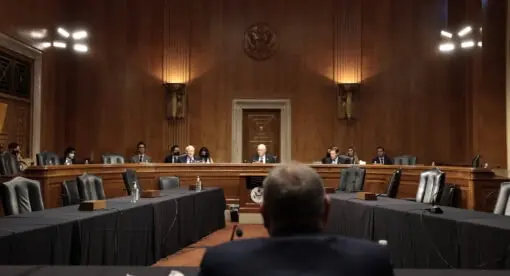Executive Summary
The United States has recently imposed economic sanctions to prevent and respond to abuses and violations of human rights against women and girls. Despite the disproportionate impacts of economic sanctions on women and children, and the growth of thematic sanctions to address women’s rights, there has been limited formal integration of the Women, Peace, and Security (WPS) agenda into the design, implementation, and monitoring of unilateral economic sanctions programs by the U.S. Department of the Treasury.
In 2017, the U.S. passed a comprehensive law on WPS – the Women, Peace, and Security Act. Although the 2019 Women, Peace, and Security Strategy claimed it was “de facto, the first (legislation) with a whole-of-government strategy that responds to such a domestic law,” it designated only four departments as key WPS implementing agencies: the Department of State (DOS), the Department of Defense (DOD), the Department of Homeland Security (DHS), and the U.S. Agency for International Development (USAID). Notably, the Treasury is not a designated implementing agency and sanctions policy has not explicitly engaged with the agenda. The U.S.’s 2023 Women, Peace, and Security Strategy and National Action Plan similarly does not consider the Treasury Department or its role in WPS implementation. To achieve a genuine “whole-of-government” approach to WPS, the Treasury must mainstream gender into sanctions policy.
While there has been a welcome shift toward targeted sanctions and humanitarian exceptions where comprehensive sanctions are imposed, U.S. sanctions policy has yet to consider women and girls’ specific needs and vulnerabilities. Assessing U.S. unilateral human rights-related sanctions against Iran, Venezuela, Uganda, and Russia through gender mainstreaming and the global WPS agenda’s pillars – participation, protection, prevention, and relief and recovery – reveals inconsistent and inadequate gendering of economic sanctions. Using the WPS agenda throughout sanctions policy can accelerate U.S. commitments to gender equality, as well as broader strategic and geopolitical interests.
Key Takeaways:
■ Economic sanctions can stifle women and girls’ participation in politics and public life.
■ Sanctions policy, along with relief and recovery efforts, can be boosted by engagement with women’s civil society groups.
■ The U.S. Treasury Department and the Office of Foreign Assets Control (OFAC) can be key to developing sanctions policy that takes the needs of women and girls into account.
Policy Recommendations:
■ The U.S. government must formalize the gendered impact of economic sanctions within relevant WPS and sanctions policies and develop guidance for gender mainstreaming in the development, application, and oversight of sanctions policy.
■ Future strategies and national action plans should designate the Treasury Department as a key agency for WPS delivery and integrate economic sanctions policy and guidance for OFAC.
■ Congress should require the Treasury to develop a WPS implementation plan and report progress toward policy objectives.
■ Interagency departments relevant to sanctions should set up metrics and monitoring and reporting mechanisms to evaluate how economic sanctions and sanctions compliance affect women, men, girls, and boys using sex and age disaggregated data.
■ Relevant governmental entities should ensure that women’s, LGBTQ+, and civil society groups participate in discussions on the development and assessment of targeted sanctions policy.
■ The Treasury and OFAC should continue shifting toward targeted sanctions and, where comprehensive sanctions are required, ensure that humanitarian exemptions are adequate and not hindered by over-compliance.
■ DOS and USAID should advocate for the strengthening of women’s economic rights in law in partner countries and ensure elections and political processes consider the gendered consequences of corruption.
■ DOD, DOS, and USAID should develop relief and recovery measures that consider the different needs, vulnerabilities, and economic inequalities between men and women that historic and ongoing sanctions could exacerbate.
■ The Treasury should establish at least one gender or WPS focal point role and mandate training for relevant Treasury personnel on gender analysis and WPS.







